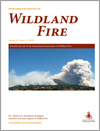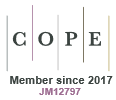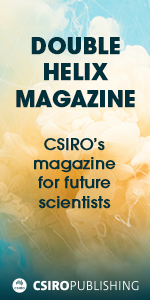International Journal of Wildland Fire
Volume 27
Number 11 2018
This study utilised dialogue-based research among wildland firefighters in the British Columbia Wildfire Service, Canada, on gender, leadership and wildland fire culture. Firefighters shared action steps and suggested strategies that focus on changing gendered cultural norms in leadership to address gender discrimination.
We conducted a field-based experimental burning study to investigate the effect of grass fuel load and structure on the spread rate of grassfires. Fuel load was found to be inversely related to the rate of fire spread. A fuel load function for this effect was proposed.
We developed equations estimating canopy characteristics from commonly measured inventory variables and used estimated canopy base height and bulk density in a model to assess potential for crown fire at increasing age, density and number of prescribed burns. Findings indicate potential for active crown fire in dense stands at low fuel moistures.
We show that ‘Species Distribution Models’ are a useful tool to assess the loss of potential bat habitat following a severe wildfire. Such models may therefore be employed for a preliminary evaluation of wildlife damage to bat populations and inform management and monitoring.
Recurring statements (mantras) regarding wildland fire models have the potential to establish themselves as unverified fact. This has initiated a discussion regarding the validity of these mantras to which we seek to add clarification, especially with regard to physical models. It is important to recognize the need for a range of model approaches with physical models holding the promise to be valuable tools for application to conditions outside the scope of empirical models.
Mell et al. (2018) questioned our interpretation of several generalised statements commonly found in the wildland fire behaviour modelling literature (Cruz et al. 2017). Here we respond to the main issues they raise.





